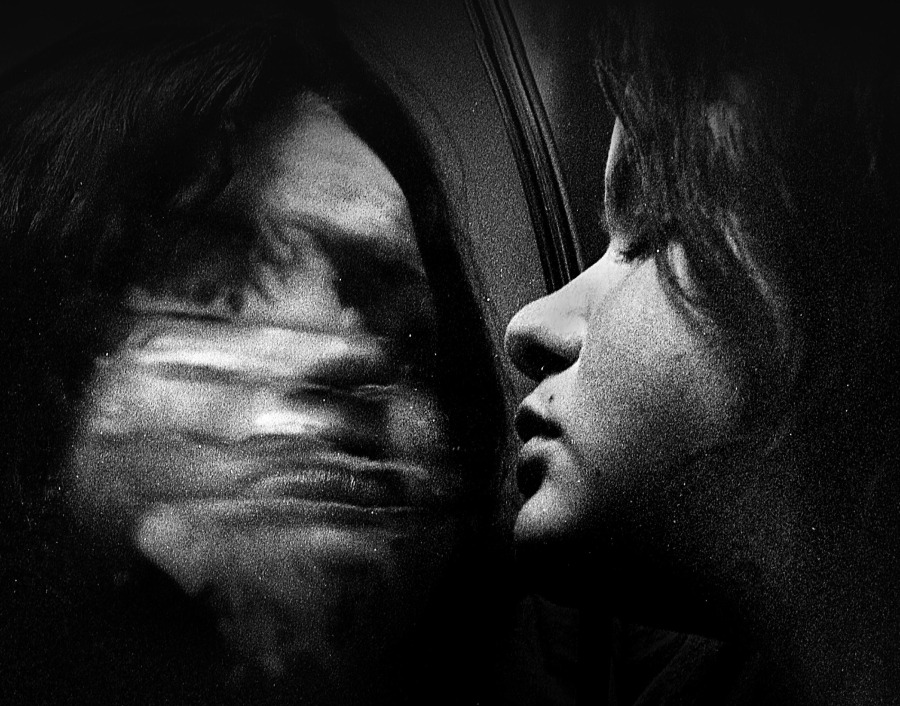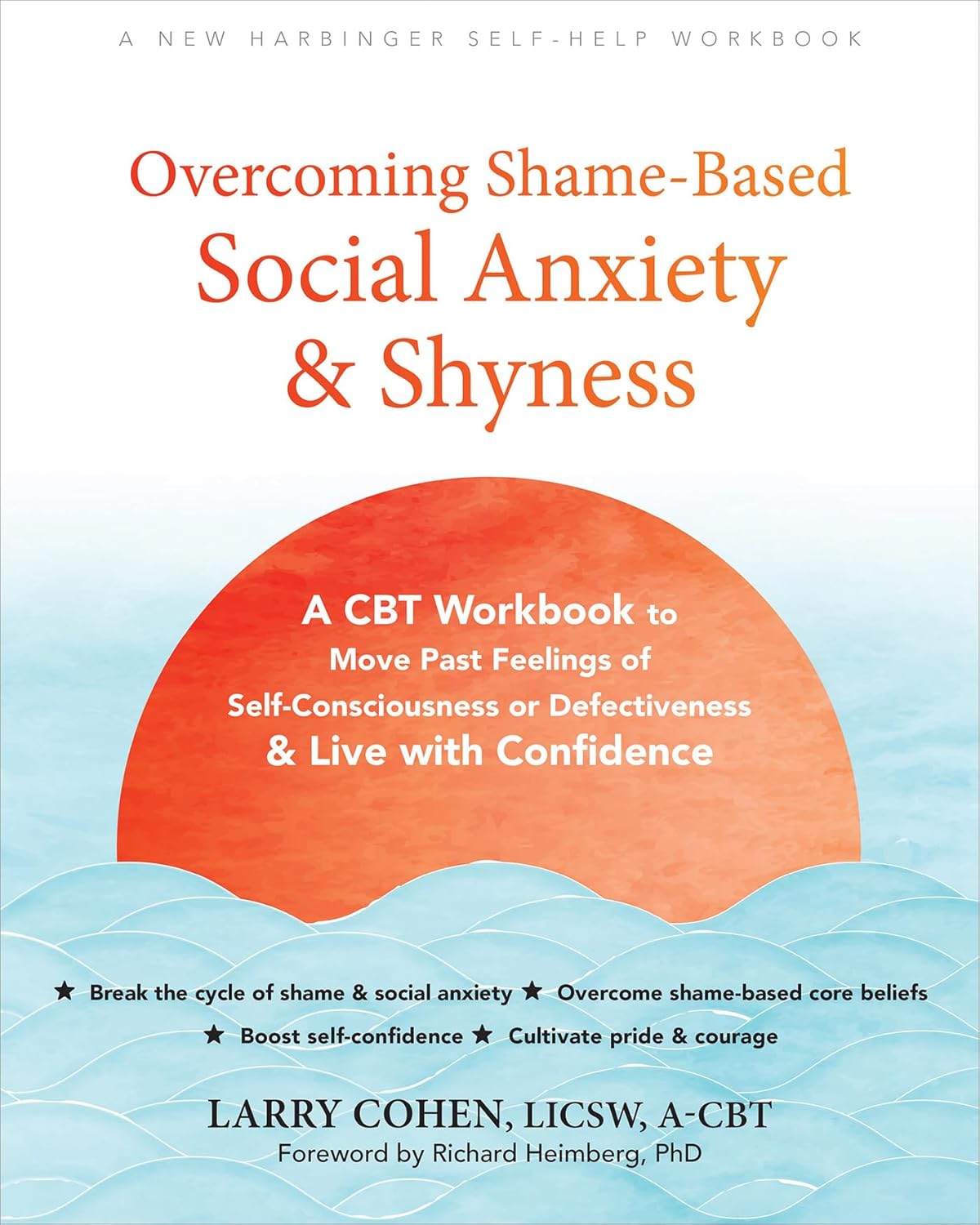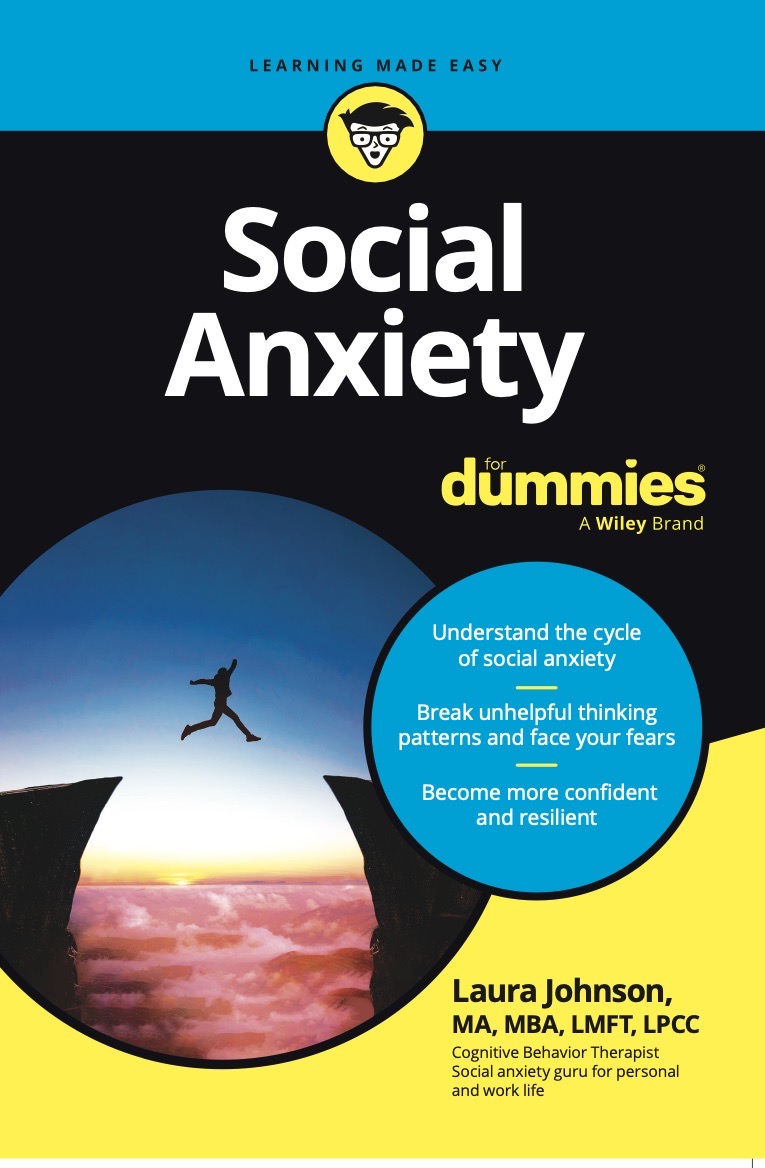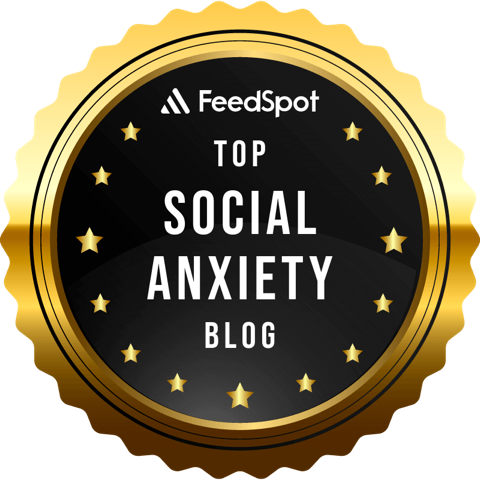It’s hard to believe it but it’s that time again: schools are welcoming back students all across the country. The summer weeks have passed and parents everywhere are stocking up on school supplies while their children pick out their favorite lunch boxes.
For many kids, the start of school is exciting. They get to see the friends they’ve missed all summer and there’s a sense of being that much closer to being “all grown up” or becoming an adult. However, some children have a school phobia that can give them the first-day jitters. These children will likely experience increased anxiety with the beginning of school. This problem may be exacerbated for many students who have been socially isolated due to the pandemic.
Sources of school phobia
School phobia is a complex and extreme form of anxiety. It is also known as school refusal and can occur for many reasons, including:
- Starting school for the first time
- Changing schools and having to make new friends
- Returning to school after being away for a long time due to illness or an extended holiday
- Fear of being targeted by a bully
- Bereavement (of a person or pet)
- Feeling threatened by the arrival of a new baby
- Having had a traumatic experience, such as abuse
- Problems at home, such as a family member being ill
- Parents’ divorce or separation
- Violence at home
- Not having good friends or not having any friends at all
- Being unpopular
- Feeling like a physical failure in school sports
- Feeling like an academic failure
One of the most common triggers of school phobia (first-day jitters) is starting school for the first time. The child experiences separation anxiety because they find it difficult to comprehend being away from their parents for an extended period of time. In addition, if the child is not used to having an entire day organized for them, the schedule at school can add to the stress they feel.
For older children who have been in school for a while, most back-to-school anxiety is directly related to social anxiety and to their fears about how they will perform in school. They wonder if they will do well in games, be asked to answer questions, or be asked to read aloud. In addition, some children have been targeted by bullies or have been made fun of in past school years, so they feel anxious about possibly repeating this abuse in the new school year.

When school depression and anxiety start to creep into your child’s mind, the symptoms will be fairly obvious. The child will usually suffer from the following school anxiety symptoms:
- Stomachaches
- Nausea
- Fatigue
- Shaking
- A racing heart
- Needing frequent trips to the toilet
You can do some things at home to help with school anxiety in your children, including:
- Reassuring your child that everything will be fine once they get past the thing they fear.
- Telling them you love them and letting them know they are brave for going to school despite their fears.
- Telling them you’re proud of them.
- Keeping them to a familiar routine to make them less anxious.
- Finding things, both within and outside of school, that they can look forward to.
If you suspect that your child is developing a school phobia, it’s important to seek treatment as soon as possible: the longer the anxiety continues the harder it can be to treat.
Written by,
Andrew Rosen, Ph.D.
NSAC – South Florida











